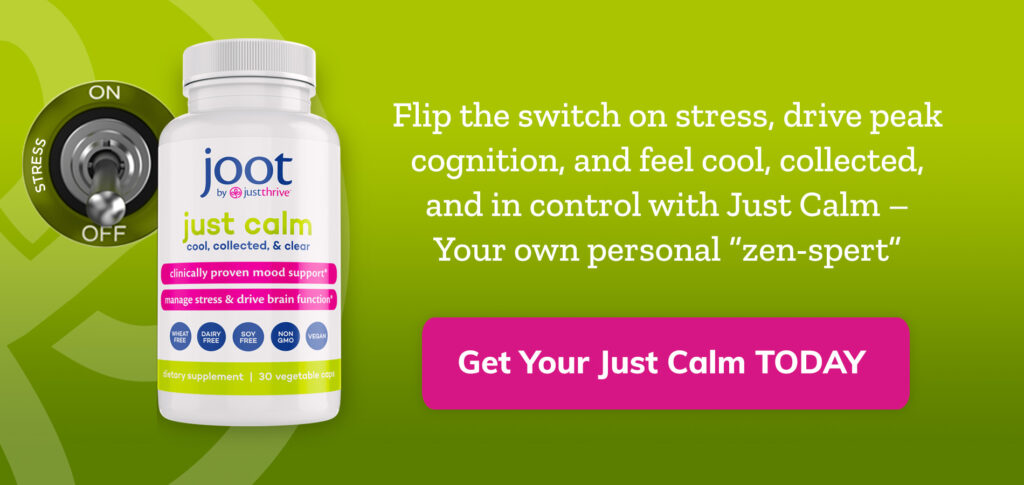A man walks into his doctor’s office with cucumber slices on his eyes, a carrot up his nose and bananas in his ears. “What’s wrong with me, doc?” he asks. “That’s easy,” his doctor replies. “You’re not eating properly!”
OK, so maybe you thought that was funny and maybe you didn’t, but if you got a belly laugh, you just burned, on average, 3.5 calories. And according to Maciej S. Buchowski, who headed a study on calorie expenditure, 15 minutes of laughter per day could burn up to 50 calories, which… is roughly the equivalent of one Hershey’s Kiss.
The physiological study of laughter is called gelotology. It’s an actual thing – I’m not even kidding – and while we all love to laugh for obvious reasons, according to researchers like Buchowski, laughter promotes relaxation, improves memory and provides numerous other health benefits most of us never even consider. For example, increasing pain tolerance.
Why did the Buddhist refuse pain meds during his root canal? He wanted to transcend dental medication.
Researchers heading a 2007 study at UCLA funded by Comedy Central found that children who viewed comedy videos while undergoing standardized pain tasks that included submerging their hands in cold water for a maximum of three minutes, had significantly greater pain tolerance than when their hands were submerged without the distraction of the funny video clips.
The study pointed out that although children did not describe the task as any less painful while watching video clips, they were nonetheless able to hold their hand in the icy water for significantly longer periods than while not watching the clips. Physical pain, however, is just the tip of the ice cube (wink). Laughter also protects the brain and heals the psyche.
Why did the man refuse to see a therapist for his depression? He was afreud of psychoanalysis.
Many people suffer from depression at some point in their lives, often as a normal response to the loss of a loved one or divorce or perhaps a career setback. Oftentimes these periods of depression are temporary and subside once patients are able to absorb the loss or setback and move on. Others, however, may not fare as well, including those who suffer depression as a side effect of chronic illness. According to experts at the Mayo Clinic, chronic illness wreaks havoc on the immune system when negative thoughts manifest themselves as chemical reactions in the body. The good news is that laughter can serve as both a preventative for those susceptible, as well as a curative or ameliorative measure for those who are diagnosed. Preventative, because laughing lowers cortisol, a hormone responsible for the stress and inflammation that can contribute to the onset of illnesses such as heart disease in the first place, and ameliorative because laughter elevates general mood, which could prevent depression in those who are eventually diagnosed.
Speaking of our hearts, laughter is best experienced in the company of others. Robert Provine, a neuroscientist and author of the book Laughter: A Scientific Investigation, states that people laugh 30 times as much when in the company of another than when alone. Relationships aren’t always easy, however, and a little discord is inevitable. Laughter can help us with that, as well, by smoothing over disagreements and providing perspective. We’ve all experienced those moments of anger or tension with loved ones when suddenly the absurdity of the situation becomes clear and we find ourselves laughing at how silly we’ve been. Humor, when used with a little caution and sensitivity, can be an excellent and effective approach to mending hurt feelings and building trust and intimacy. As a bonus, laughter also keeps things vibrant and fun, which can promote a feeling of newness and help to extend the length of a relationship. A relationship, that in turn, could provide us with 30 times more laughter. It’s a win-win proposal. Which brings me to this final tip… Giggle.
The formula for a happy marriage is like living in California: When you find a fault, it’s best not to dwell on it.
Aw, go ahead and giggle! Better still, guffaw!
It’ll make us both happy.

